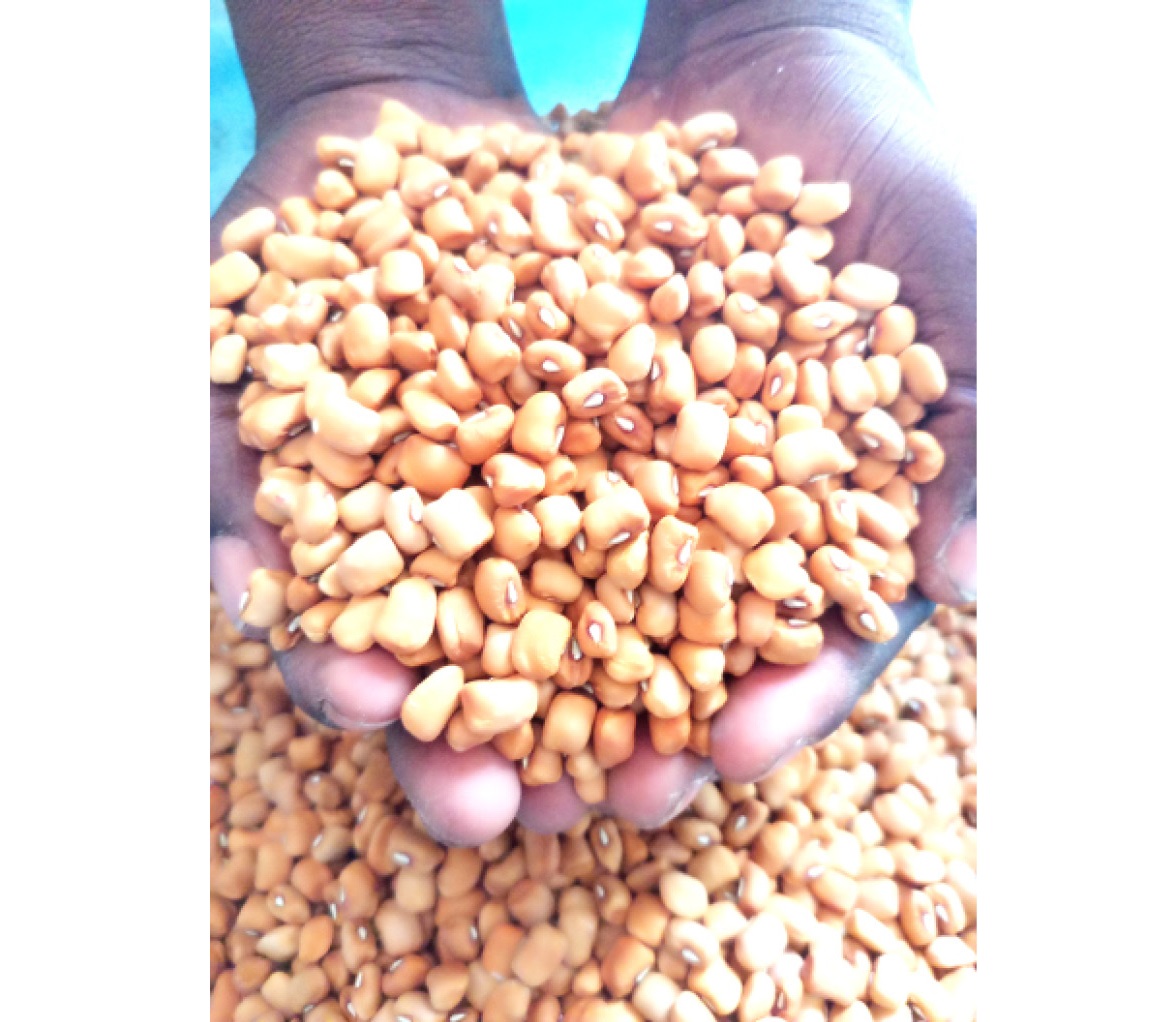Farmers hopeful as Makurdi varsity releases 2 new beans varieties
Farmers in the country are hopeful of improved cowpea farming during this year’s farming season because of the new cowpea varieties just released by Joseph Sarwuan Tarka University, Makurdi (JOSTUM). The university, renamed from the Federal University of Agriculture Makurdi (FUAM), recently released two new improved cowpea varieties. Neglect of LGs, bane of Nigeria’s democracy […]

Farmers in the country are hopeful of improved cowpea farming during this year’s farming season because of the new cowpea varieties just released by Joseph Sarwuan Tarka University, Makurdi (JOSTUM).
The university, renamed from the Federal University of Agriculture Makurdi (FUAM), recently released two new improved cowpea varieties.
- Neglect of LGs, bane of Nigeria’s democracy – Gbenga Daniel
- NIGERIA DAILY: Nigerians Groan As There Is No End In Sight To Fuel Scarcity
Our correspondent reports that the institution and its partners in 2016 released the first two varieties, known as FUAMPEA 1 and FUAMPEA 2, which are early maturing seeds developed by a group of scientists in the institution led by Professor of Plant Breeding and Seed Science, Prof. Lucky Omoigui.
Omoigui, however, on Tuesday disclosed that the university has again released two improved cowpea varieties for sale to Nigerian farmers to boost cowpea production and also ensure food security in the country.
He said the newly improved varieties – FUAMPEA 3 and FUAMPEA 4 – are medium maturing and high-yielding cowpea seeds adaptable to the Sudan and Northern Guinea savanna areas of Nigeria, adding that they could also be cultivated during the dry season using irrigation facilities.
He said both varieties have shown superiority over the existing improved seeds being cultivated and aim to overcome the challenges faced by cowpea farmers in the country as the two varieties meet a specific market segment.
“The two newly released genotypes are dual-purpose cowpea varieties with large brown seeds and a rough seed coat. The varieties perform well as a sole crop and an intercrop.
“The two cowpea varieties have combined resistance to the parasitic weed, Striga gesnerioides, a major biotic constraint in the predominantly major cowpea production zones of the dry savanna of Nigeria which had been a serious threat to cowpea production and productivity.
“The introduction of these varieties would mitigate the invasion of the parasitic weed thereby increasing the productivity of the crop and raising farmers’ income.
“The development of the two cowpea varieties would not have been possible without the financial support of the Kirhouse Trust Foundation, UK, to the cowpea breeding programme of the university,” Omoigui said.
On his part, the Vice-Chancellor of JOSTUM, Prof. Richard Anande Kimbir, was excited about the development of the new varieties.
He described the outcome of the current research by JOSTUM scientists and its collaborators leading to the release of the new cowpea varieties by the National Centre for Genetic Resources and Biotechnology (NACGRAB), Federal Minister of Science and Technology, as welcome news, adding that it is in tandem with the federal government’s commitment to diversification through agriculture.
Kimbir assured that JOSTUM would continue to deliver on its core mandate of teaching and research towards capacity building, food security and poverty reduction in Nigeria and globally.
